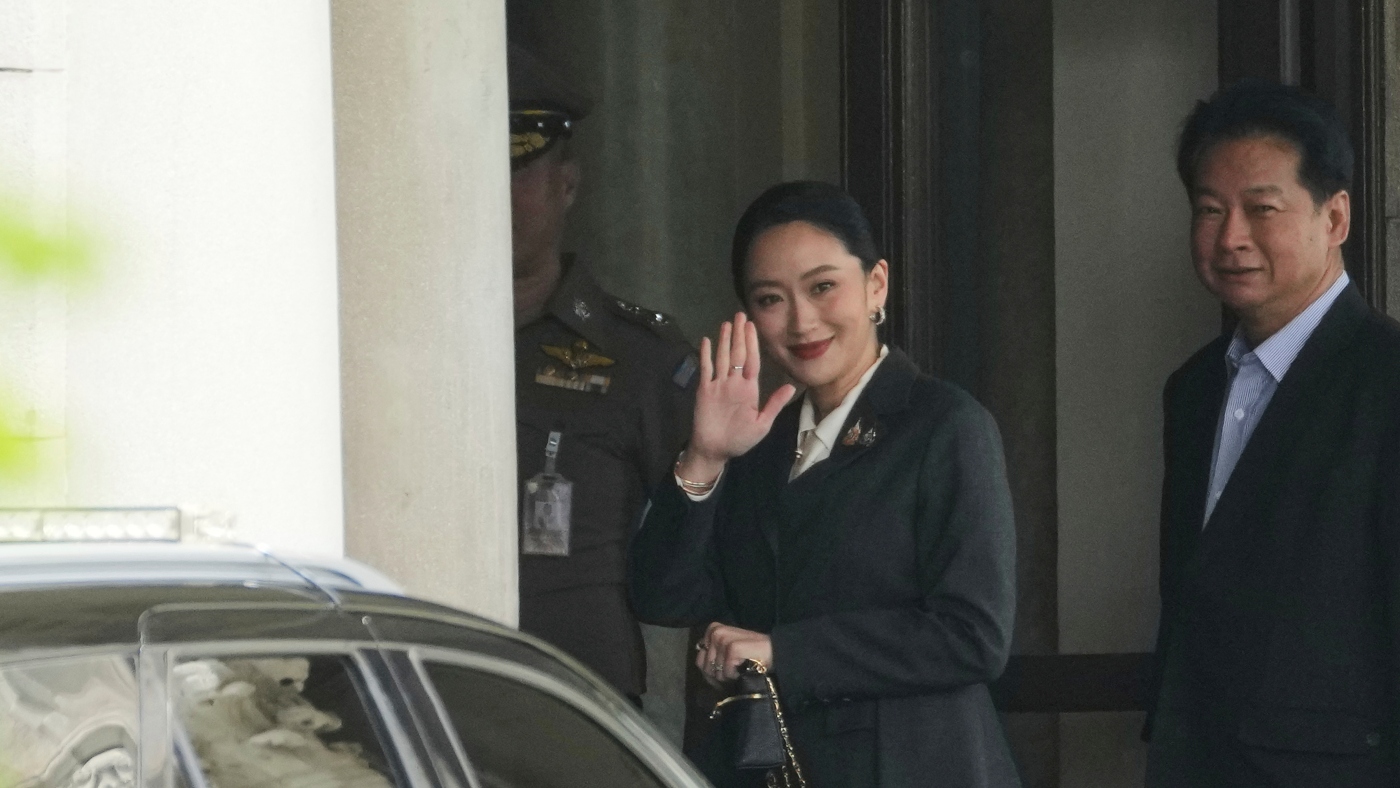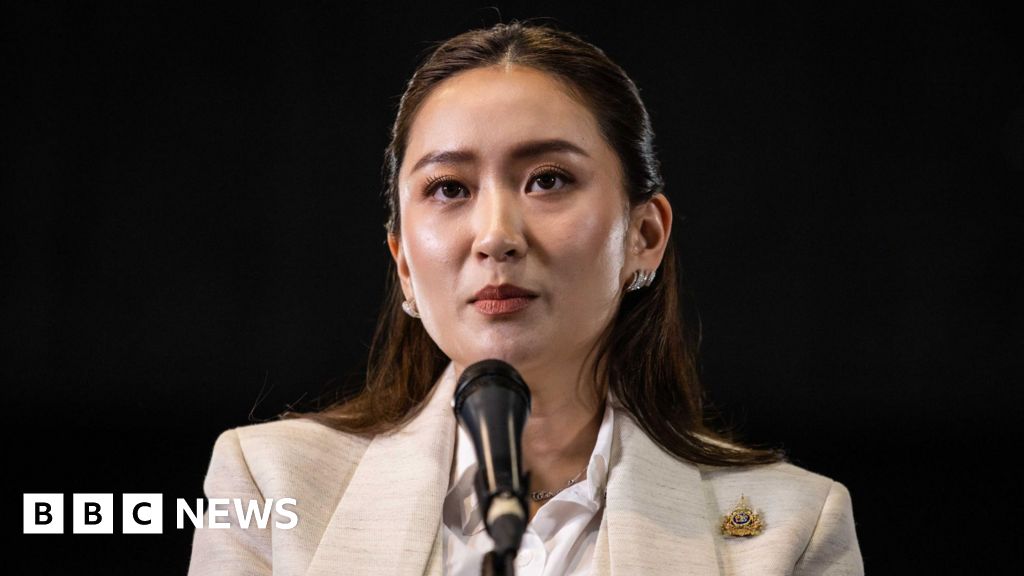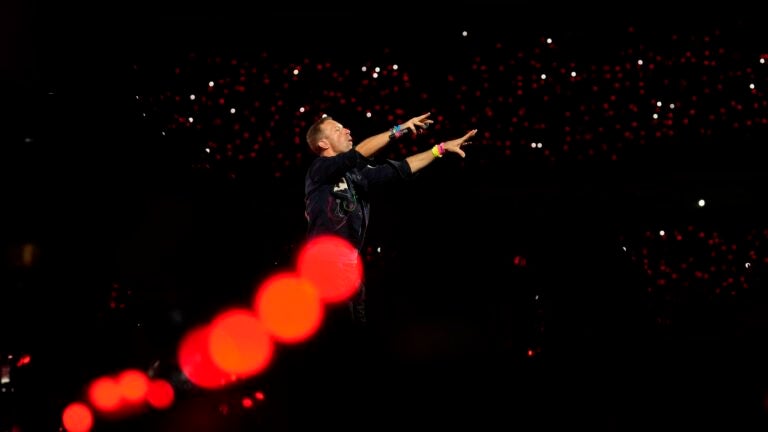Nestlé CEO Dismissed Over Code of Conduct Breach

Introduction
In a shocking turn of events, Swiss consumer goods giant Nestlé has announced the dismissal of its CEO Laurent Freixe. The decision came after a thorough investigation into a potential breach of the company's code of conduct.
Key Details
The probe was launched following reports of a "romantic relationship" between Freixe and a former employee. The investigation found that the relationship had indeed taken place, resulting in Freixe's dismissal. In his place, the company has appointed Philipp Navratil as the new chief, effective immediately.
This is not the first time Nestlé has faced controversy over its code of conduct. In 2018, the company faced backlash for its use of child labor in its cocoa supply chain. This recent incident only adds to the company's tarnished reputation and raises questions about the effectiveness of its ethical practices.
Impact
The sudden ousting of Freixe has sent shockwaves through the corporate world, with many questioning the impact it will have on Nestlé's future. Some investors have expressed concerns about the company's leadership stability, while others have applauded the swift actions taken by the board.
The situation also highlights the importance of companies enforcing strict ethical codes and taking swift action when they are breached. In today's socially conscious world, businesses are under increasing pressure to maintain a high level of ethical standards and
About the Organizations Mentioned
Nestle
Nestlé S.A., headquartered in Vevey, Switzerland, is the world's largest food and beverage company, operating in 185 countries with around 277,000 employees and 337 factories as of 2024[5][8]. Founded through the 1905 merger of two Swiss companies—the Anglo-Swiss Condensed Milk Company (1866) and Farine Lactée Henri Nestlé (1867)—the company’s origins lie in infant nutrition, with Henri Nestlé’s creation of a breast milk substitute that addressed high infant mortality[1][2][5]. Today, Nestlé’s extensive portfolio includes baby food, bottled water, coffee, tea, dairy products, confectionery, pet food, snacks, and medical nutrition[1][2]. Iconic brands under its umbrella include Kit Kat, Nescafé, Gerber, Nespresso, Maggi, and Purina, with 29 subsidiaries each generating over $1 billion in sales[2][3]. Nestlé also holds a significant stake in L’Oréal, reflecting its diversified interests beyond food[2][5]. The company’s growth strategy emphasizes innovation and operational efficiency. Nestlé invests heavily in research partnerships, such as the "Future of Food" program with Swiss academic and industry leaders, aimed at developing nutritious, sustainable, and appealing products[3]. It focuses on reformulating products to reduce sugar, salt, and saturated fats, while advancing organic and health-driven offerings[3]. Nestlé’s operations prioritize quality management and a sophisticated global supply chain that integrates suppliers, manufacturers, and distributors to maintain high standards and consumer safety[4]. The company’s organizational structure divides its global markets into zones—North America, Latin America, Europe, and Asia/Oceania/Africa—each contributing billions in annual sales[2]. Despite its market leadership and profitability, Nestlé faces criticism over environmental practices, labor issues, and ethical concerns in its supply chains[1]. As o
















